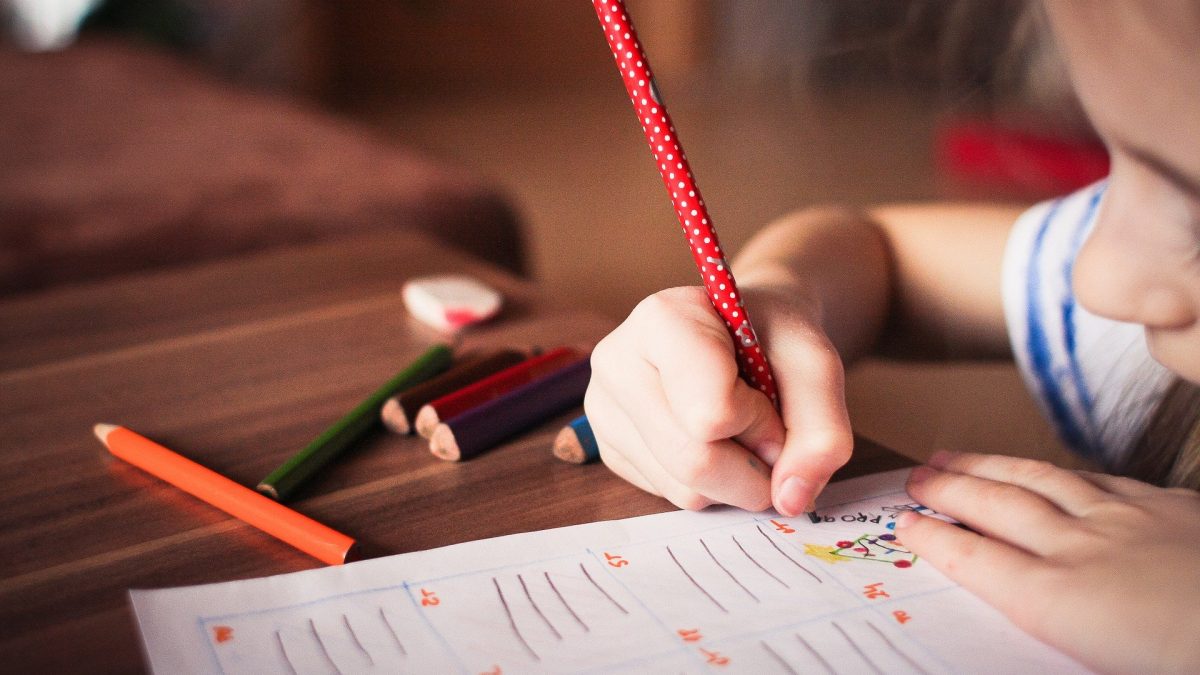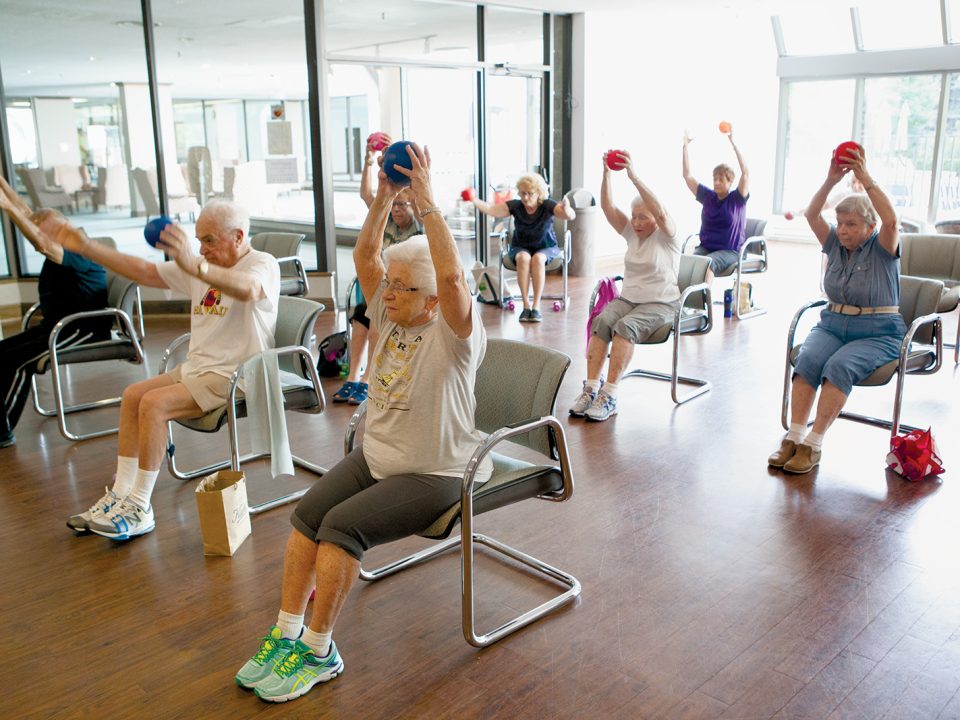
Congratulations to the 2020 HESTA Nursing & Midwifery Awards Finalists
April 8, 2020
Insights from an Australian humanitarian nurse on the pandemic frontline
April 16, 2020Aged care homes ask for children to send letters to residents

Aged care homes ask for children to send letters to residents
With letter writing increasingly absent in the digital age, aged care centres want children to put down their screens and pick up a pen.
At aged care facilities across Australia, there are no visitors and no-one is allowed out. Even the entertainers have been cancelled.
“It really feels isolated here,” said the lifestyle coordinator at Estia Health in Bendigo, Jane Neely.
Although lockdown has only been in force for a few weeks at the centre, it feels to many like years.
“[Residents] are finding it difficult because they’re already in a situation where the potential to become lonely is quite high, and now it’s even worse,” Ms Neely said. While the staff have tried to keep the residents connected with a myriad of different visual screen programs, it is not the same.
“A lot of the residents don’t like the technology and they don’t understand it,” Ms Neely said.
But one activity that has proven successful is a letter writing program in partnership with a local primary school. Ms Neely said it gave the children a project while at the same time connecting them to an older generation, and was proving mutually beneficial to both parties.
“It gives us something to present to the residents and it gives them something to do in response,” she said.
“To have a letter in an envelope, that they can open like the old days, they just really relate to that. They’ve absolutely loved them.”

She said with many of the residents having lived through the Great Depression and a world at war, life under a pandemic could be one topic familiar to both generations.
“I’m hoping there might be some sort of empathy and connection there,” Ms Neely said.
“People forget that [aged care residents] are really important, lovely people and they’ve got a story to tell.
“People are missing out by not having that connection with them.”
Letter writing better for your brain
Last year, 820 million fewer letters were delivered across Australia than the year before.
Author and founder of World Letter Writing Day, Richard Simpkin, wants more people to take up letter writing. He spends his time visiting schools across the country encouraging students to write handwritten letters. His motto is for students to take a break from social media and instead write a letter to somebody. The advantages are many, including increased cognitive processes.
“You not only have to think about what you want to say, but you have to think about how you want to say it and about spelling words,” Mr Simpkin said.
He also said letter writing or diary entries were more beneficial to mental health, reducing the increased levels of social media anxiety often developed after excessive amounts of time spent on screens.
“The act of writing something compared to typing something on a computer are two different things,” Mr Simpkin said
‘Email killed the letter’
Whereas the earliest letters were written to be shared by being read aloud, the idea of letters as a personal, private exchange came about much later.
It was the advent of established national postal systems that changed our relationship with letters.
Over the years, letter writing developed and according to Dr McIlvenna became an “absolutely valuable, essential skill we all had to have”.
Whereas Dr McIlvenna was taught the skill at school, strengthened by pen pals, she said many of her undergraduates remained “blissfully unaware” of the etiquette of letter writing which she felt compelled to teach them.
One of the formalities of letter writing, developed over centuries, was to demonstrate respect towards the recipient.
“How to address people is really important. ‘Hey’ is not okay, ‘yo’ is not okay,” Dr McIlvenna laughed.
“Email killed the letter.”
At Estia Health in Bendigo, Ms Neely reads out letters to groups of residents, many of whom have vision impairment, while others are handed out to individual residents.
The letters contain details of children’s lives, their favourite hobbies, memorable moments, and even some jokes — often with accompanying drawings.
“Very cute letters, they were so beautiful, the kids,” Ms Neely said.
The aim is to establish a regular pen pal relationship between a resident and student, and when the lockdown restrictions are finally lifted the hope is for a meeting between the two.
Ms Neely also encouraged secondary school students to take up the habit. With the one common topic of life under a pandemic there would be plenty of material to share, she said.
This article was originally published on ABC News on 11/4/2020 by Larissa Romensky.










